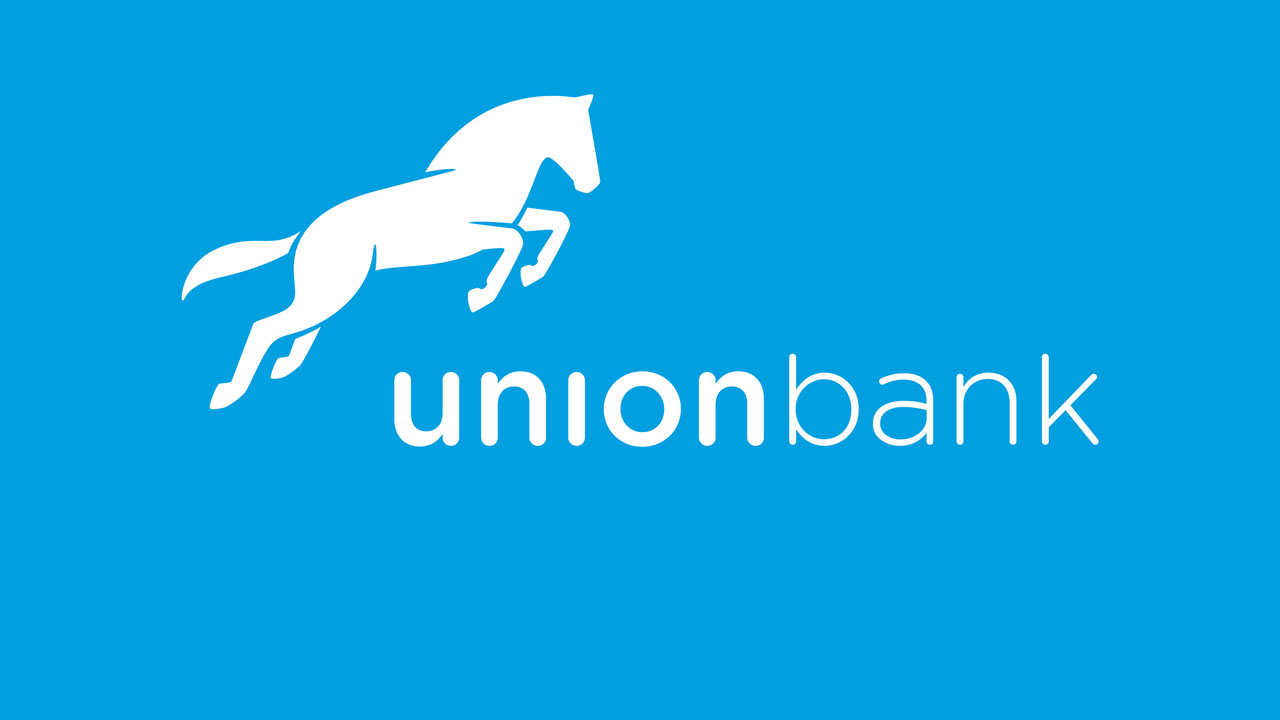Union Bank of Nigeria (UBN) Plc, yesterday released its audited financial results for the year ended December 31, 2017 and first quarter (Q1) ended March 31, 2018. While the full year profit recorded a marginal decline that of Q1 rose by 16 per cent.
UBN posted gross earnings of N163.8 billion for the full year, up by 26 per cent from N126.6 billion in 2016. Net interest income improved from N65 billion to N66.6 billion. Impairment charges rose from N27.7 billion to N31.7 billion. Profit before tax (PBT) was N15.519 billion, showing a marginal decline from N15.738 billion, while profit after tax stood at N14.608 billion, down by five per cent from N15.391 billion in 2016. .
However, the bank has shown brighter prospects in Q1 of 2018, recording gross earnings of N39.5 billion compared with N34.3 billion in Q1 of 2017. Interest income had grown by 14 per cent to N31.7 billion in 2018 as against N27.7 billion in 2017. Net interest income before impairment increased by 22 per cent to N17.8 billion in 2018 compared to N14.6 billion in 2017, driven by 14 per cent increase in interest income and a lower six per cent increase in interest expense. Non-interest income also rose by 18 per cent from N6.6 billion to N7.8 billion. PBT tax rose from N4.7 billion in 2017 to N5.4 billion in 2018, while PAT to N5.3 billion in 2018 from N4.5 billion in 2017.
The Chief Executive Officer of UBN Mr. Emeka Emuwa, said the Q1 reflected the bank’s renewed focus on driving efficiency and productivity with a view to fully leveraging resources including human, technology and new capital to maximize the bottom line.
“While we are just in the early stages of this drive, we are already starting to see positive results,” Emuwa said.
Emuwa disclosed that the bank had been pushing strongly on debt recovery efforts across board including initiating or continuing legal action where necessary.
“For the first half of the year, we will continue to hone initiatives around our productivity drive, focusing our people on targeted opportunities across regions and optimising our technology and digital platforms to deliver operational efficiency and improved customer service,” he said.
Also speaking on the results, the Chief Financial Officer of UBN, Oyinkan Adewale said while the Q1 results reflected the adoption of International Financial Reporting Standards (IFRS) 9, which came into effect at the start of 2018, the bank’s regulatory risk reserve was adequate to absorb the impact of the new accounting rules.
“Our capital adequacy ratio (CAR) remains robust at 17.9 per cent in spite of the impact of IFRS 9 on impairments. Liquidity ratio is at 39.4 per cent, well above the minimum requirement, while net interest margin improved to 8.73 per cent in first quarter 2018 from 7.14 per cent in first quarter 2017,” Adewale said.













